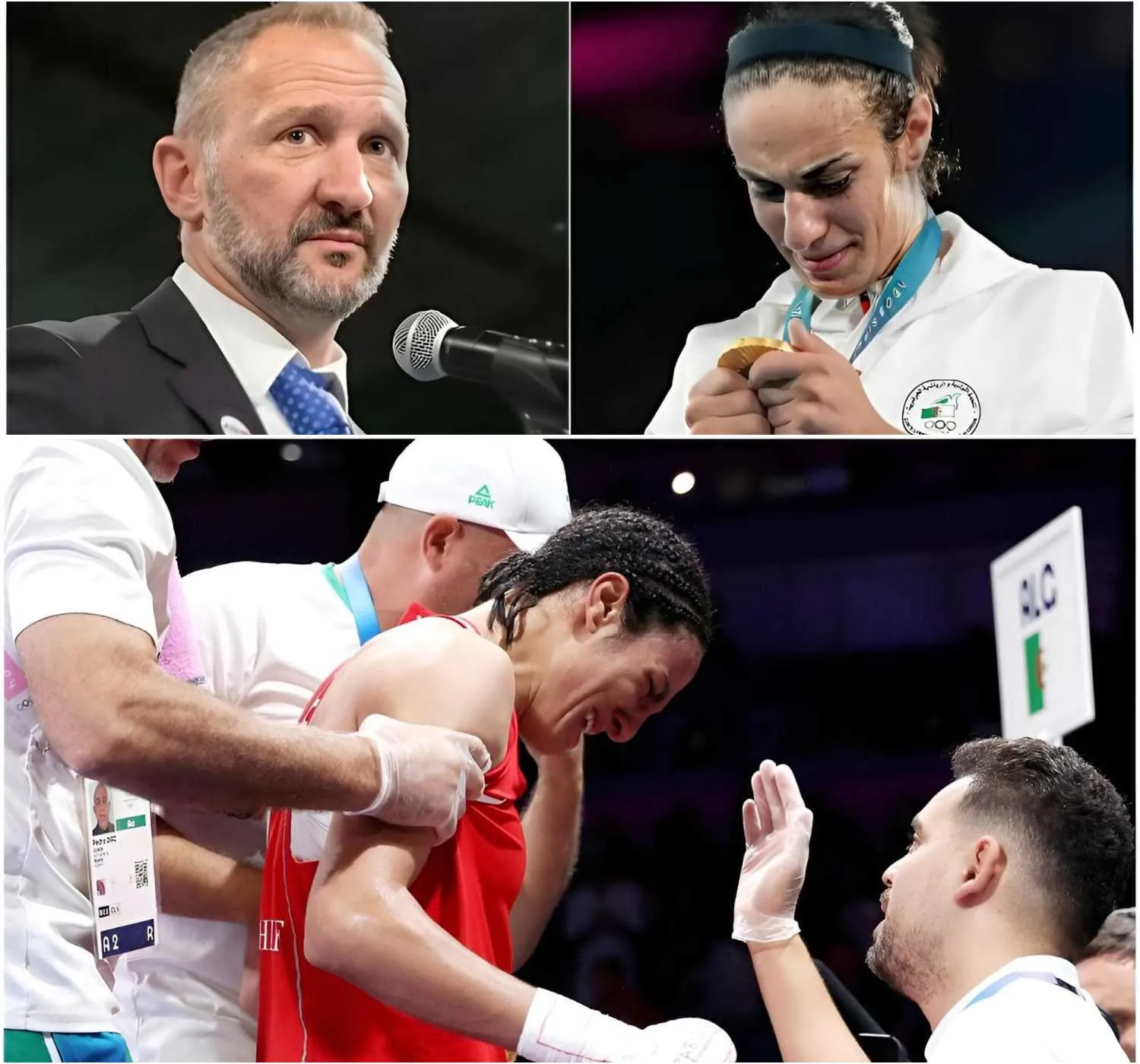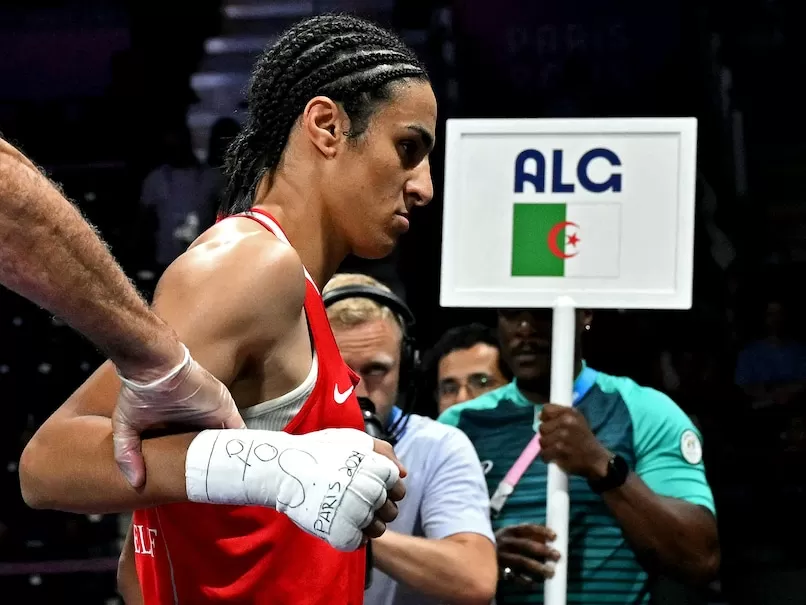In a shocking turn of events, Olympic boxer Imane Khelif has been banned for life after failing a gender test, with the World Boxing Organization (WBO) officially declaring him a man. The ruling has led to Khelif being stripped of all his medals and prize money, amounting to a staggering $25 million.

The decision has sent shockwaves throughout the boxing community and beyond, as Khelif had risen to prominence as one of the most talented female boxers in recent years. Competing in international tournaments and representing Algeria, Khelif had garnered praise for his performances, securing major victories and climbing the ranks of the sport. However, the revelation of the failed gender test has called into question the legitimacy of these accomplishments.

The WBO’s statement, released earlier this week, confirmed that Imane Khelif’s gender test had been conducted following concerns raised by several competitors and officials. The test results, which were independently verified, concluded that Khelif did not meet the eligibility criteria to compete in women’s boxing divisions. As a result, the organization took immediate action, banning him from any future participation in the sport and invalidating all his past achievements.

All of Khelif’s medals, including those won at prestigious international competitions, have been rescinded. Additionally, the boxer has been ordered to return the $25 million in prize money accumulated over the course of his career. The decision has sparked intense debate within the sports world, with discussions about the fairness of the gender verification process and the impact it has on athletes’ careers.

This incident marks a significant moment in the ongoing discussions surrounding gender identity in sports, highlighting the complexities and controversies that arise when athletes are subjected to such scrutiny. It also raises broader questions about how sporting organizations should handle gender issues while promoting inclusivity and fairness.



